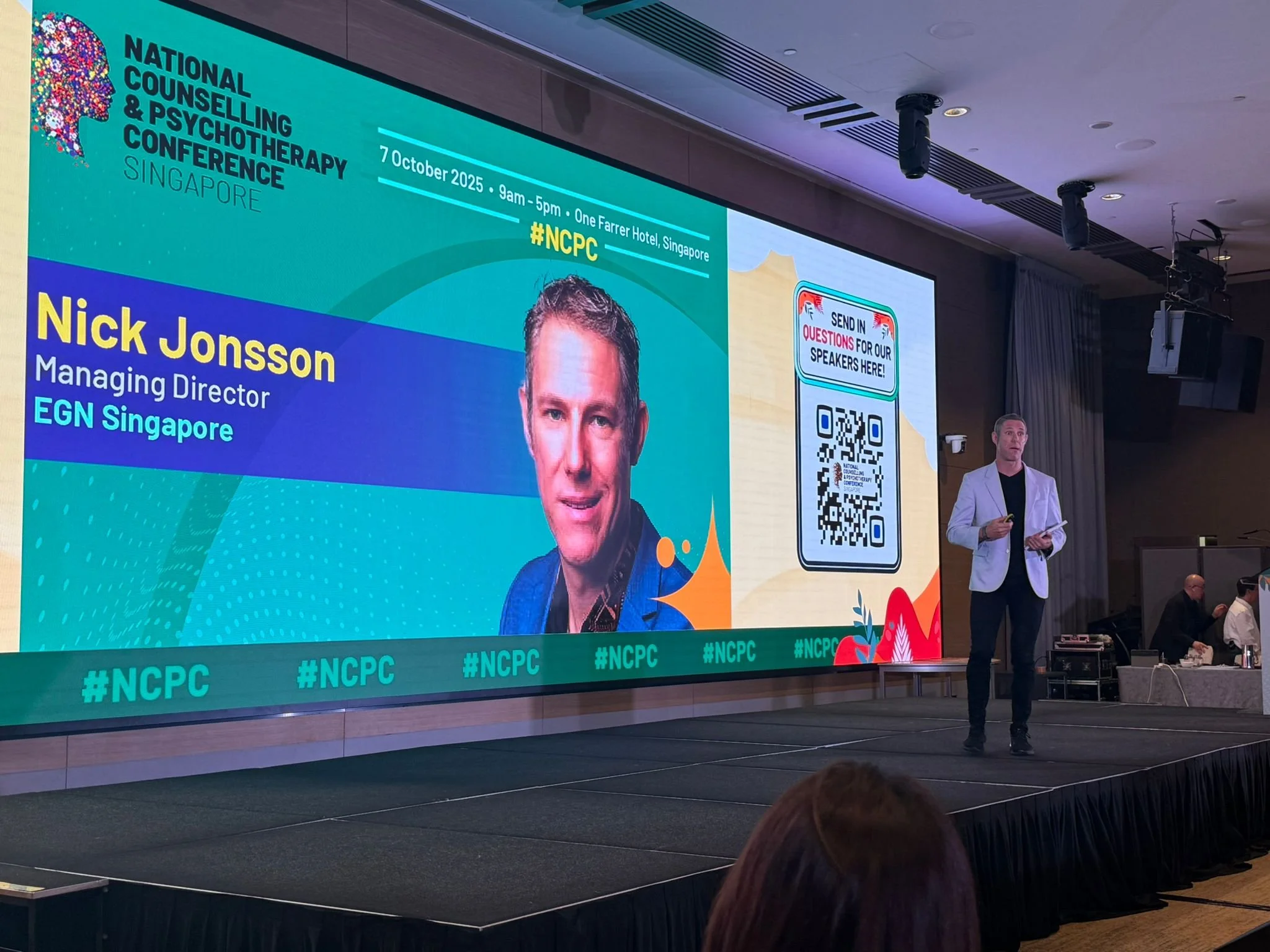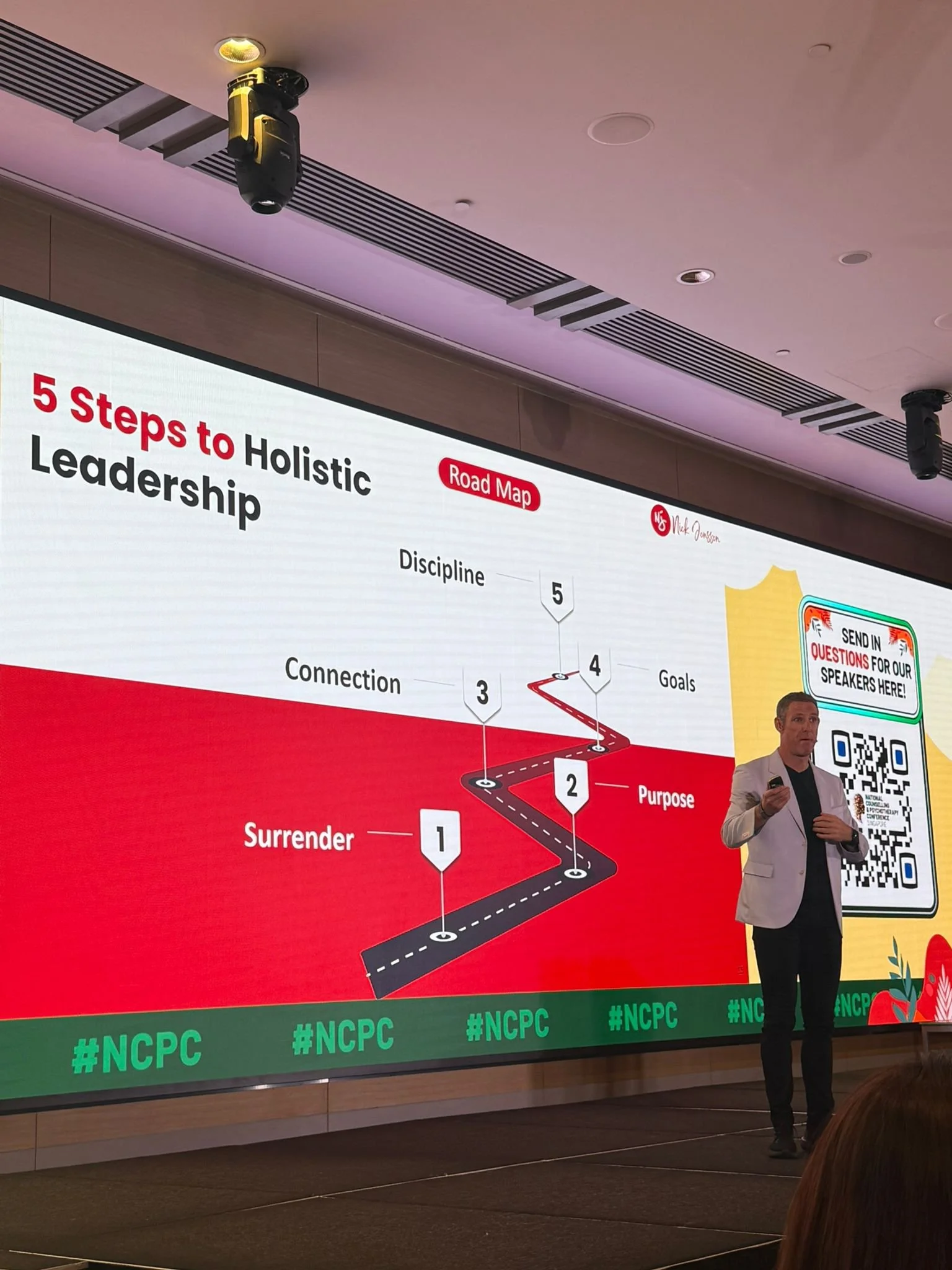How Vulnerability Became the Most Powerful Leadership Skill
For decades, leadership was defined by strength, authority, and control. Leaders were expected to show confidence at all times, to never waver, and certainly to never reveal their weaknesses. But in today’s world—where complexity, uncertainty, and rapid change are the norm—this traditional model of leadership is no longer enough.
What sets truly effective leaders apart today is not how invincible they appear, but how human they allow themselves to be. Vulnerability has become the most powerful leadership skill of our time.
My Journey into Vulnerability
When I was climbing the corporate ladder, I believed that success meant projecting strength at all costs. I built a career across Asia, reached senior executive roles, and appeared to be thriving. But behind closed doors, I was burning out, struggling with addiction, and drowning in what I later described as executive loneliness.
In 2018, I hit rock bottom. What began as a journey of recovery through a 12-step program became the foundation of my life’s mission. I discovered that the only way to rebuild was to be radically vulnerable: to admit my struggles, to share my failures, and to let others see the real me.
Today, that experience shapes my work as a coach, author, and speaker. Vulnerability is not weakness—it is the gateway to resilience, authenticity, and holistic leadership.
Why Vulnerability is Strength in Leadership
It builds trust. Teams don’t connect with perfection—they connect with honesty. When leaders share struggles as well as successes, people feel safe to do the same.
It fuels authentic connection. My 5 Steps to Holistic Leadership framework emphasizes Connection as a core step. Vulnerability is the bridge that deepens connection—both with ourselves and with others.
It drives resilience. In my Bring Your A-Game to the Office keynote, I often compare leadership to elite athletics. Even athletes understand that acknowledging fatigue or injury is necessary for recovery. Leaders who admit when they need support bounce back stronger.
It unlocks purpose. Vulnerability strips away ego and performance masks, allowing us to align with what truly matters. In my coaching work, clients who open up about their real fears and hopes often discover clarity of purpose.
From the Stage to the C-Suite
At the National Psychotherapy & Counseling Conference in Singapore, I spoke alongside Dr. Richard Lim on the role of vulnerability in recovery and leadership. What resonated most with the audience wasn’t a theory or model—it was the raw, lived story of how admitting brokenness became the turning point to rebuilding a limitless life.
Across more than 200 podcast episodes, dozens of leadership summits, and my bestselling book Executive Loneliness, I have seen the same truth: leaders who embrace vulnerability are the ones who create high-performing, human-centered cultures.
The Holistic Leadership Perspective
Within my Holistic Leadership framework, vulnerability touches every dimension:
Surrender: Letting go of the illusion of control.
Purpose: Aligning leadership with deeper meaning.
Connection: Opening the door to authentic relationships.
Goals: Setting aspirations rooted in real values, not ego.
Discipline: Consistently showing up as your true self.
This is why vulnerability isn’t just a skill—it’s a mindset that transforms the way leaders live, work, and lead.
A Call to Leaders
If you are a leader today, the question is not “Should I be vulnerable?” but “How can I model vulnerability so my team thrives?”
The paradox is simple: when we have the courage to admit that we don’t have it all together, we discover that we are never truly alone. That is where leadership becomes transformational.
Or follow Nick on LinkedIn for weekly insights on coaching, leadership, wellbeing, and performance.




